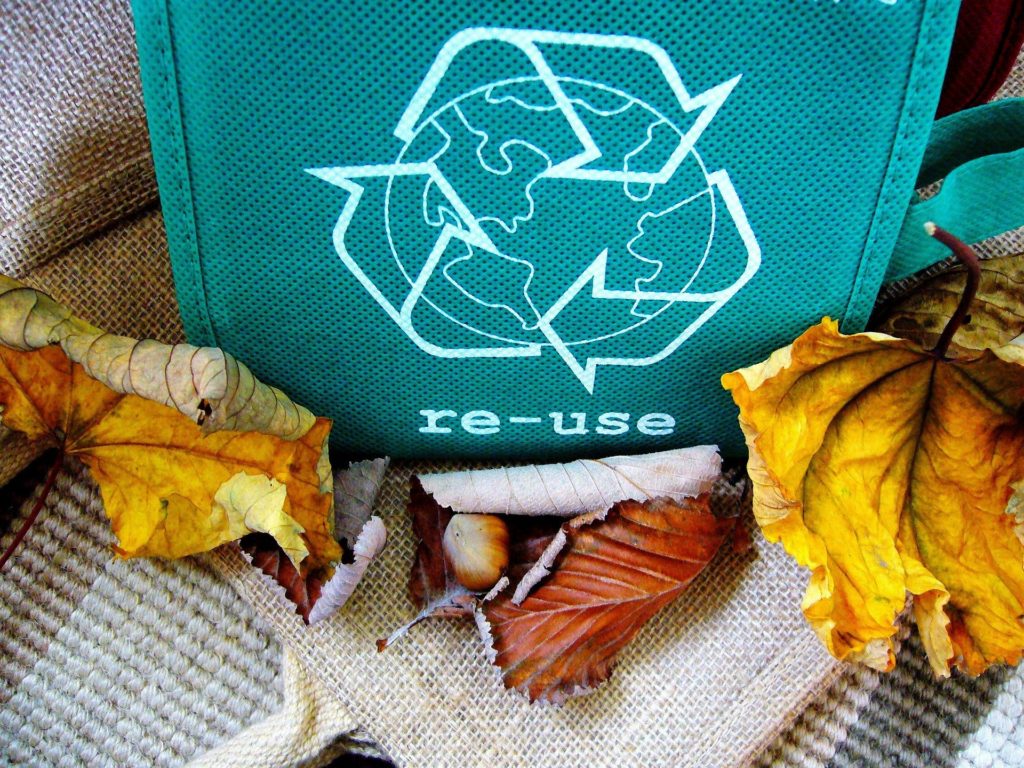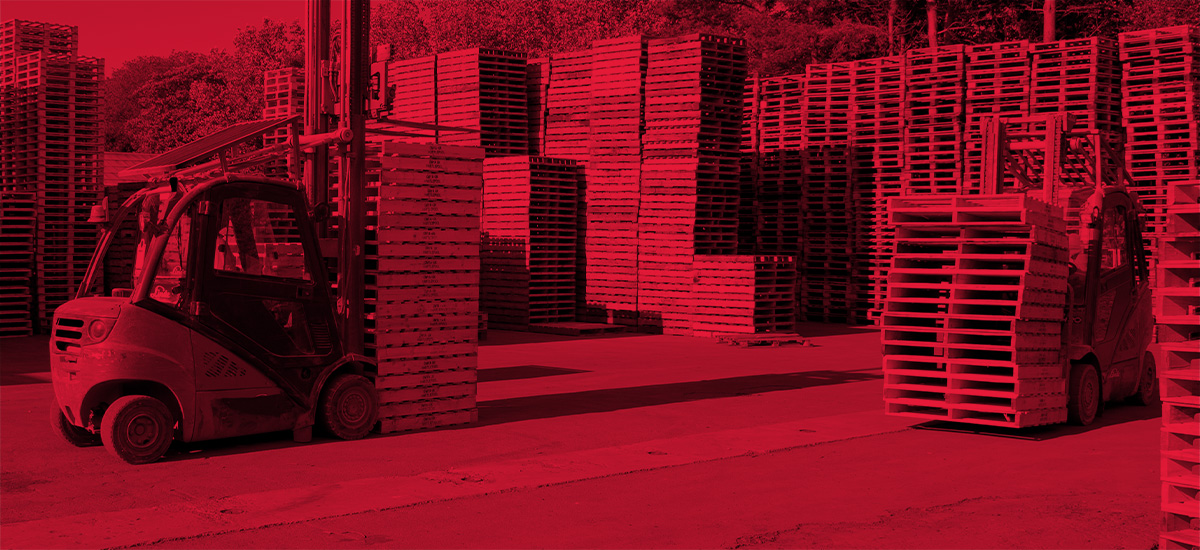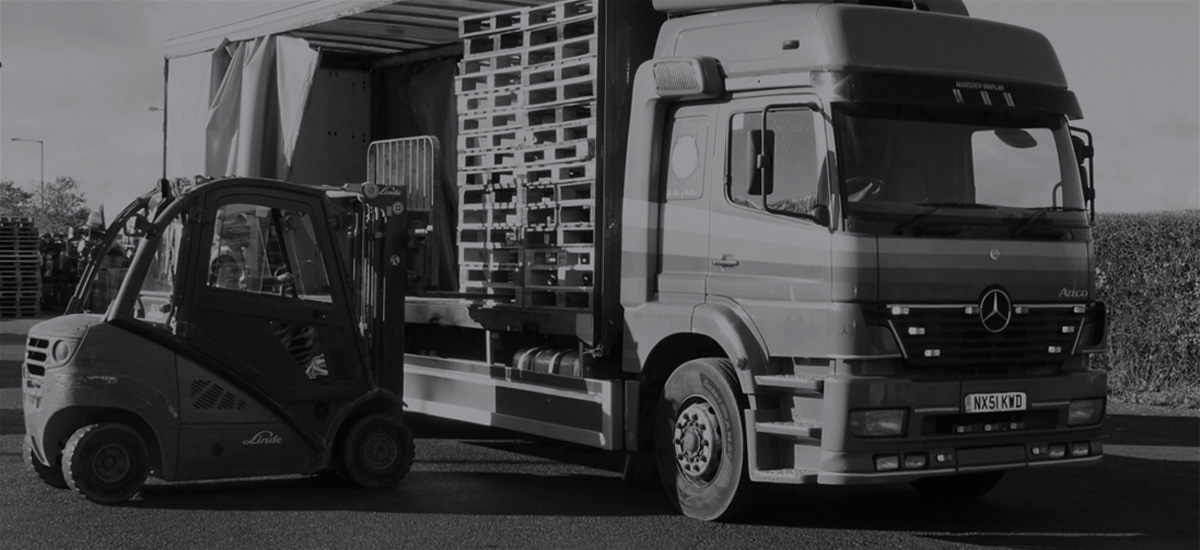While it may feel like no progress has been made on the domestic agenda as Brexit remains unresolved, the other topic not far from anyone’s lips is their impact on the environment, and how they can reduce it.
Following the broadcast of the landmark documentary Blue Planet II two years ago, a huge area of national and global interest has been packaging waste, not just domestic but industrial too. There has also been plenty going on at Government level regarding changes that can be made to EU and UK legislation.
As well as an EU-wide ban on all single use plastics by 2021, which has already been agreed by the European Parliament and may prove to be a challenge for the food, medical and pharmaceutical sectors, there is a new tax proposed from 2022. This tax will impact plastic packaging containing less than 30 per cent post-consumer resin (PCR), considered a more environmentally sustainable solution for reusing single-use materials that would otherwise end up in landfill.
In existing ADR legislation, the use of recycled materials in drums and IBCs is not permitted therefore the implication of 30% PCR requirement couldn’t be applied to industrial transit packaging. Therefore, despite packaging such as drums and IBCs being ideal for reuse which has a far less impact on the environment compared to recycling, a tax would be imposed just because it doesn’t contain the 30% PCR.

As we discussed in our previous blog on the topic, these discussions demonstrate an understanding by law-makers that reuse and recycling are very different. They require different approaches, and separate environmental targets which recognises that reuse is cheaper than recycling and the best solution. Reuse requires 10 per cent less energy and as well as reducing what goes into landfill, it will be important that these targets aren’t limited to plastics, but all kinds of packaging. Even items which can be widely recycled where possible should be reused first, simply due to the reduced demand on recycling processes.
At RPS, we’ve always been conscious of our environmental impact, and wooden pallets are easy to recycle at end of their life-cycle, promoting the circular economy. However, we primarily reuse pallets time and time again until they’re finally recycled. They never end up in landfill. Pallets that cannot be repaired for reuse or recycled into animal bedding will often be used for energy recovery, such biomass fuel.
We look forward to the results of the ongoing Government discussions on reducing waste packaging, and we’d love to hear your thoughts.
Tweet us at @RPS_Limited with your views on the upcoming changes to legislation and whether you think they’re the answer.







